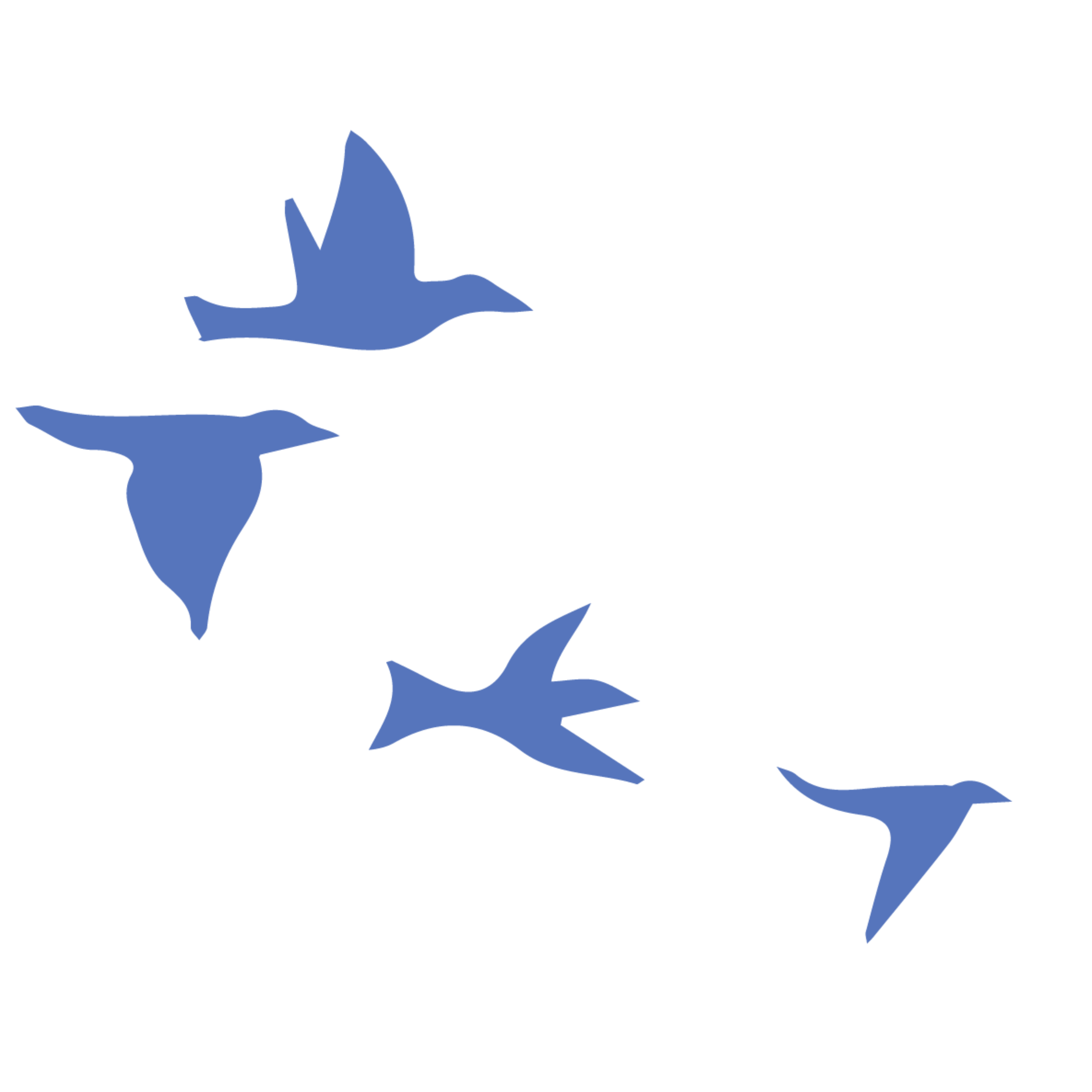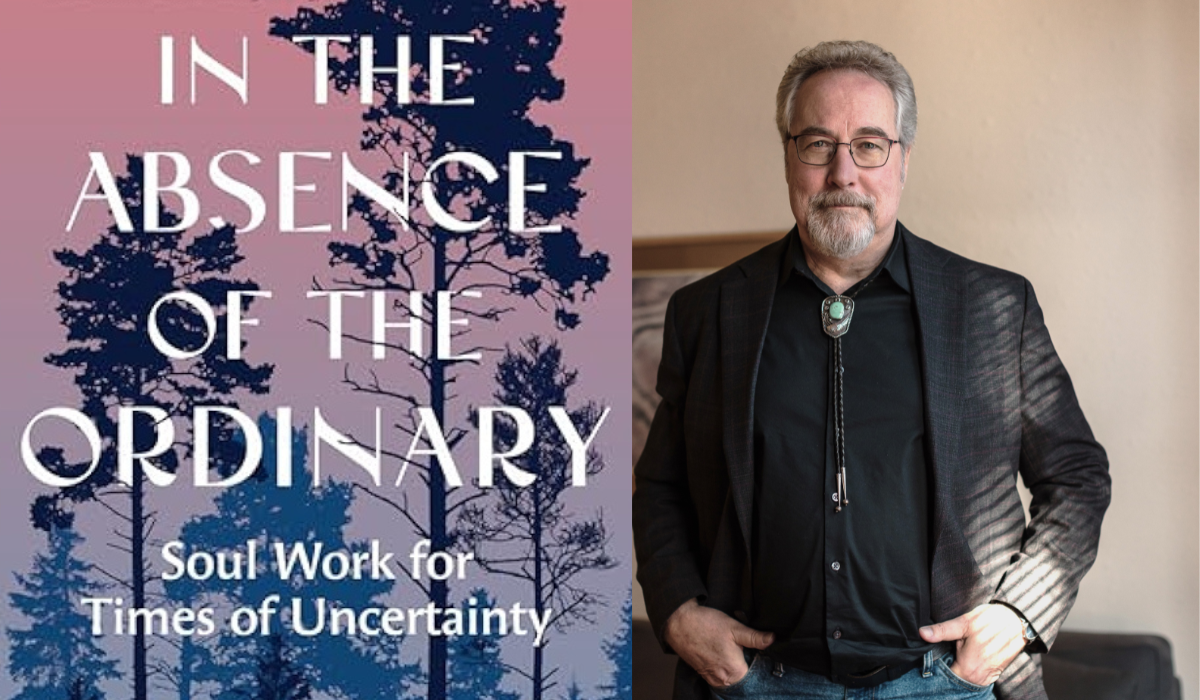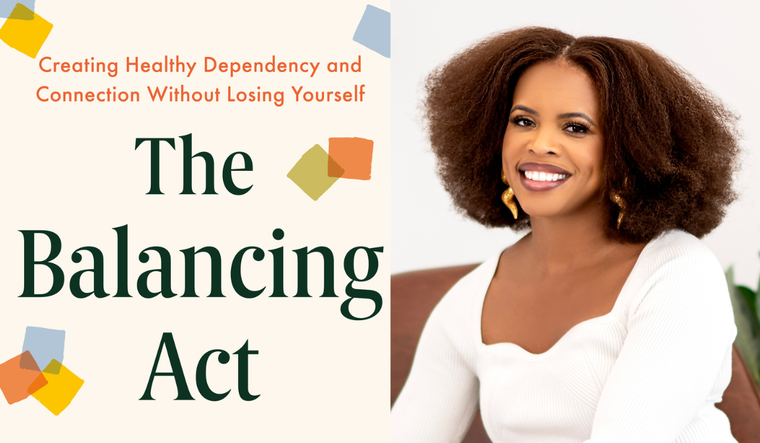How to Find Your Way Forward in an Uncertain Time

We are in a time of darkness.
The mere sentence emanates unease. It may even “terrify us,” says Francis Weller, “because our associations with the darkness primarily are negative.”
But what if there were more to the darkness? What if, in this collective time of gravity and extremes—which we are seeing through heightened divisiveness, rising temperatures, and torn social connections—there exists a call to embrace our humility, presence, and connections to each other?
Such possibilities anchor Weller’s new book, In the Absence of the Ordinary: Soul Work for Times of Uncertainty. The retired psychotherapist, who has spent the last four decades “tracking the movement of soul,” believes what’s unfolding around us requires us to reorient how we live. As he says, this is a time to become “immense.”
The author and “soul activist” offers us direction on how to respond to this moment we’re in. His insight stretches our capacity for peace, guiding us toward a way of living anchored in ritual, reverence, and deep belonging.
A CONVERSATION WITH FRANCIS WELLER
You write that we are in a time of dissent, of shedding and endings, but we are not used to this because our culture is one of ascension—always going up and seeking more. What is important to know about this wild time?
What I want people to know is that we can begin to put our faith in darkness and in the descent. We are so conditioned for the rise, for the climb, the ever-increasing more of success, power, control, domination. Those energies that have been marked for several thousand years are coming to an end. We're beginning to see that our domination might lead to our ruination. What I'm seeing is that collectively, we are on this steep road of descent going down into the shadows, into the underworld. And that can terrify us, because our associations with the darkness primarily are negative. Well, it's going to be a difficult thing, yes, but certain things can only happen in the darkness. Think about your heartbeat. It is happening in utter darkness, right? When I look out my window and I see the fir trees and the redwoods, that's all happening because of what's happening in the darkness. So, we don't have a lot of faith in darkness, which is why this descent freaks us out a bit.
We're seeing a large portion of the population scrambling to reify old structures. We're heading back to the 1950s now—get women in their place, get people of color in their place, get immigrants in their place, get gay, lesbian, and trans people in their place—and obviously that is all part of what has to fade and die right now. Everyone I talk to is anxious, heartbroken, unsure, lost, bewildered, and those are the signs of dissent, when the old markers just don't hold up anymore. So, we're in a different territory, and that territory calls for a different kind of response from us. That's what I'm curious about: How do we respond to 'The Long Dark,' which is what I'm calling it.
In our American ways, there tends to be a binary response to things: light and dark, good and bad. But your writings show us that in our soul, things are not binary but rather complementary. What can we learn from this?
Absolutely, it is not binary. [We think] up is good, down is bad; white is good, black is bad. All these associations that we make are playing out societally. They're a reflection of that same association that we typically make with these binary polarities. But in the soul, these are complements. They need each other. Imagine 24-hour-a-day light, all the time. We need darkness, and we need to know that space of quiet and silence. Darkness invites imagination. It invites gestation, incubation, and a pause. There's a wonderful Inuit word, Qarrtsiluni, which means sitting quietly together in the darkness, waiting expectantly for something creative to burst forth. These are the whalers and the hunters, and they couldn't go out to hunt until the whales gifted them with a song. So, they had to wait for this relational intimacy between species to be fulfilled, so that the covenant was honored, and they didn't go out and just take and take. They do this out of reverence and out of restraint. I think that's a beautiful metaphor for where we are right now. We have to sit quietly together in the darkness and wait expectantly to see. Restraint is not an American value, but it is one we're having to learn. We can't just keep extracting from this Earth and from people. We have to learn humility, reverence, and, absolutely, restraint.
From our need to learn about restraint also comes a need to embrace not knowing, which you write about. Why is leaning into not knowing important?
Not knowing is part of the humility. We're not going to think our way through the Long Dark. The thinking has gotten us into the problem in the first place. Thinking isn't bad, but what we're hearing in this not knowing is that we have to become receptive to a larger dream.
I like to imagine that the Earth itself is a dreaming creature, and that when you look at cultures around the world, you see the similarities, not in the styles or the shape of rituals and culture, but in the core values: reverence, gratitude, restraint, respect. Those values are transcultural. So, what I like about not knowing is that it creates an atmosphere in which we have to become porous and receptive to the dreaming of this time. What does the Earth want from us? How do we come back into right relationships with our watersheds, with the salmon, and with the butterflies? And how do we come back into some kind of reciprocal relationship where there's mutual thriving?
Robin Wall Kimmerer says, "All flourishing is mutual." We tend to think of it as hierarchical. The ones on top thrive, and everyone below that struggles to feed the ones on top. But she said, when you look at nature, all thriving is mutual. Everything is abundant because of the mutuality—the ways that plants feed each other and the way animals, bees, and insects pollinate. This is all mutual, and somehow, particularly in white Western culture, we have forgotten mutuality and have reclined more into the ideas of individuality. Individualism is the chief ideology in Western psyches, and that's not what you find typically in most traditional cultures.
We began talking about not knowing. All this leads back to that sense of how we are going to listen, communally, to this work. What are we being asked to do communally? That's where we are right now: How do we create new systems of relationships between people, but also between us and watersheds?
The idea of community seems to be more present these days. People are lonely and yearning for deeper connection. Still, it can be hard to do so. Why?
It is hard because our conditioning is almost 100 percent towards individualism. So even when we're in a group, we're a collective of individuals in a group. We're not a village mind. So, a lot of my work has been about how to reimagine a village mind. How do we come back into that sense of I am because we are. How do I see our thriving as mutual? The original matrix for everything was communal—healing, repair, recovery, initiation, eldering, everything was communal in its original configuration; we have, again, abandoned that model almost entirely.
A wonderful teacher, Jeanette Armstrong, who is an Okanagan elder, had said that in her village, the word for belonging translates as our one skin. She said they shape their culture as community first, family second, individual last. But we've inverted that completely in Western capitalist culture. So, we talk about community all the time, but it's hard to come into that space. I've done a lot of work with communities, and typically the first half of the year is, How do we deconstruct individualism? How do you begin to sense that our lives are absolutely entangled? How do we come out of this barren wasteland of individualism and come back into the exuberant possibilities of community?
For the person seeking guidance, is there a practice or thought we can embrace to begin to lean into the possibilities of community and move through the Long Dark?
The first medicine is friendship. We're not going to get through with muscle and will. It's going to be through collaboration, cooperation, altruism, friendship, and community. So, I'm hoping that someone you're referring to has one friend. And if you don't have a friend, go out and befriend a tree. Put your back against that tree and talk about what you're carrying—the grief, the fear, the uncertainty. What happens when we begin to speak is that the common truth comes out. We're all kind of scared right now. We're all kind of lost. And underneath that is this huge wave of uncertainty. So, befriending that and talking to your friend or a neighbor about what's happening is very helpful. Friendship is crucial at this time; the soul requires friendship.
Again, this is not something we're going to muscle our way through on an individual level. All of my work has been: How do we reanimate the original matrix of repair and healing? It's through community ritual. And the Earth is so willing to give us the rituals we need right now. Let's get quiet and practice our own Qarrtsiluni. What do we need to repair our relationships to each other and to the world? How do we guide our young ones into this uncertain future? What do we have to offer them, if not our presence, our compassion, and our willingness to be seen as grieving and being in touch with what's happening on the planet?

Francis Weller is a retired psychotherapist and soul activist. He synthesizes diverse streams of thought from psychology, anthropology, mythology, alchemy, indigenous cultures, and poetic traditions. He is the author of the bestselling books The Wild Edge of Sorrow: Rituals of Renewal and the Sacred Work of Grief; The Threshold Between Loss and Revelation, (with Rashani Réa), and In the Absence of the Ordinary: Soul Work for Times of Uncertainty.
Please note that we may receive affiliate commissions from the sales of linked products.



